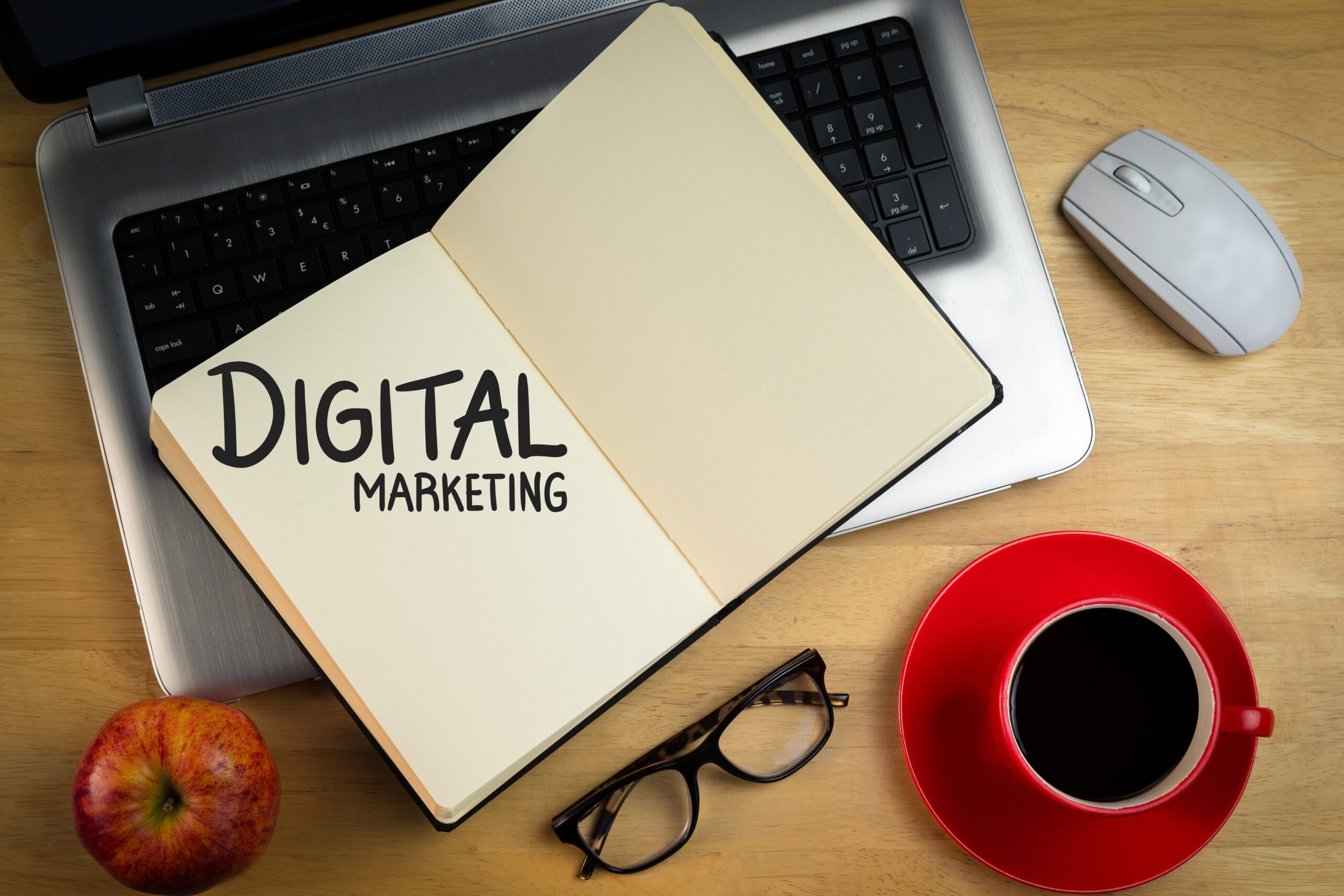
n today’s fast-paced digital world, businesses need more than just traditional marketing strategies to stand out. Digital marketing has become an essential tool for reaching a wider audience, driving engagement, and boosting sales. Whether you’re a small startup or an established brand, leveraging the right digital marketing strategies can give your business a competitive edge.
What is Digital Marketing?
Digital marketing refers to the use of digital channels—such as search engines, social media, email, and websites—to promote products, services, or brands. Unlike traditional marketing methods, digital marketing allows businesses to reach a global audience and engage with customers in real time.
Key Components of Digital Marketing
- Search Engine Optimization (SEO) SEO is the art and science of optimizing your website to rank higher in search engine results pages (SERPs). With effective SEO practices, you can attract organic traffic, increase visibility, and drive conversions. Focus on keyword research, on-page SEO, link building, and content optimization to enhance your site’s SEO performance.
- Pay-Per-Click (PPC) Advertising PPC advertising allows businesses to place ads on search engines and pay only when a user clicks on the ad. Platforms like Google Ads and Bing Ads offer powerful tools to target specific keywords and demographics. PPC is a great way to boost immediate visibility and drive traffic to your website.
- Social Media Marketing Social media platforms such as Facebook, Instagram, LinkedIn, and TikTok are powerful tools for engaging with your audience. Social media marketing helps build brand awareness, connect with customers, and promote products or services. Consistent, engaging content that resonates with your target audience is key to success in social media marketing.
- Email Marketing Email marketing remains one of the most effective ways to nurture leads and retain customers. By sending personalized, targeted emails, you can inform, engage, and build trust with your audience. Email marketing campaigns can include newsletters, promotional offers, product updates, and more.
- Content Marketing Content is king in the world of digital marketing. Whether it’s blog posts, videos, infographics, or podcasts, creating valuable content helps establish your authority in your industry and attracts potential customers. Quality content encourages engagement and drives traffic to your website, contributing to long-term growth.
- Influencer Marketing Influencer marketing involves collaborating with social media influencers or bloggers to promote your brand. Influencers already have a loyal following, and their endorsement can help increase trust and reach. It’s important to choose influencers whose audience aligns with your brand values and target market.

The Importance of Data and Analytics
Digital marketing provides an abundance of data and insights that can help you track your campaigns’ performance and make informed decisions. Tools like Google Analytics, Facebook Insights, and email tracking allow businesses to monitor engagement, track conversions, and understand customer behavior. By analyzing this data, you can optimize your campaigns and improve ROI.
Digital Marketing Trends to Watch
- AI and Automation: Artificial intelligence is reshaping digital marketing by enhancing customer experiences through personalized recommendations, chatbots, and predictive analytics. Automation tools are also streamlining repetitive tasks, allowing marketers to focus on strategic planning.
- Video Marketing: Video continues to dominate as a content format. Live streaming, short-form videos (like those on TikTok), and interactive video content are gaining popularity, making video marketing an essential part of your strategy.
- Voice Search Optimization: With the rise of smart devices like Amazon Alexa and Google Home, voice search is becoming more prevalent. Optimizing your content for voice search is crucial to staying ahead of the competition.
- Personalization: Consumers expect personalized experiences. Tailoring your marketing messages based on customer data (location, behavior, preferences) can drive higher engagement and conversions.
Conclusion
Digital marketing is no longer a choice; it’s a necessity for businesses looking to thrive in today’s competitive landscape. By integrating SEO, PPC, social media, content marketing, and data analytics, you can build a strong online presence, reach your target audience, and drive business growth. Stay updated on the latest trends and adapt your strategies to stay ahead of the curve.
Whether you’re just starting or looking to refine your digital marketing approach, embracing the right tools and strategies will help you unlock the full potential of your business in the digital age

